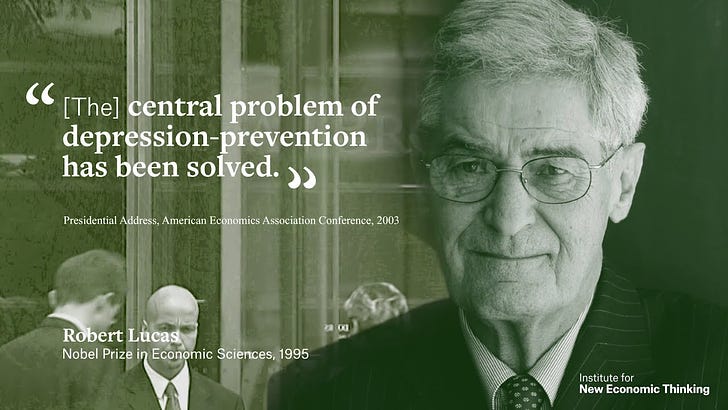Schools of Economics.
Professor Ha-Joon Chang taught Economics at Cambridge for more than 30 years. He lectures with humour and down to earth examples making this subject accessible to everyone. 26 episodes.
A concerned Canadian
A lifelong friend, Chuck, recently recommended the 26-episode series on Economics by Professor Ha-Joon Chang.
Chuck, like me, is retired. We are both living primarily off our personal savings following long careers in the Information Technology sector. We fully appreciate how fortunate we have been as Baby Boomers to have had the opportunity and the wisdom to save for retirement. Likewise, we are a painfully aware of the challenges of today’s youth to achieve the same retirement prospects.
Dr. Chang lists a dozen “schools” of Economics
Throughout history, the nature of economic activity has changed.
Many schools of thought have been advanced by leading thinkers of their day to gerrymander the landscape of trade with a unique vision of success in mind. Each espoused very different strategies to establish desirable and sustainable “political economies”.
Ha-Joon claims that none of the “schools of economic thought” offers ‘the perfect formula’ for any nation given their unique circumstances.
He also claims there is wisdom to be found within each of them from which to draw.
The study of Economics is the study our human beings engaged in trade.
Some people can trade freely with others based on mutually agreeable terms established by the participating parties.
The majority of the world’s people cannot. They are supervised by others to carry out their trading activities based on a set of rules imposed on them primarily by government institutions. The former “free trade” approach carries some risk of deception or “buyer’s remorse”. The latter “controlled trade” allegedly exists to minimize this risk.
Reading, writing, arithmetic and Economics.
Public education teaches the “3 Rs” but not the fundamentals about how individuals in societies interact with each other on the basis of trade. This oversight has enormous adverse consequences to a well functioning society.
While I have only watched one episode of Dr. Chang’s podcast presentations, I am hoping to whet the appetite of others who have long wished to up their knowledge in this vital subject. Why?
I have long believed that every voter is ill-prepared to vote responsively unless he or she has acquired a sound understanding of Economics. This is vital to understand the intentional and potential unintended consequences of any policy proposals presented by political candidates.
Furthermore, in ideal circumstances, no citizens should run for public office without first studying Economics. Macroeconomics, microeconomics and monetary economics are “must know” subjects for politicians to credibly propose economically sound policies.
SWOT+
For every class of professional in today’s Labour markets, a high degree of expertise is expected. From the trades to health care providers to teachers to accountants to financial advisors, credentials are expected and strict regulations apply under public and professional governing bodies. The only exception is politics.
A dream scenario.
If I could challenge any and all politicians on a given public “investment”/spending decision and if he or she could offer a comprehensive ROI response based on a SWOT+ analysis (Strengths, Weaknesses, Opportunities, Threats + who benefits & who pays), I would be over the moon with excitement.





It’s interesting that economist Ha-Joon Chang uses Singapore as an example of an economic system that defies classification, citing that the world is too complex to be able to do that. However, what professor Chang fails to acknowledge is that Singapore’s success is similar to that of China (the melting pot of free market enterprise under one party rule).
In Singapore’s case it’s One party/family rule (father > Lee Kuan Yew, and son >Lee Hsien Loong) that has controlled Singapore since 1963 have allowed free market capitalism to work under their control. But in order to keep workers happy, you build affordable government built condos on government land to provide the workers basic standards of living and provide government jobs to keep them happy and to support the free enterprise sector that drives the growth and the economy.
But to “keep the peace” you censor free speech through tightened security, rights of assembly, and an aggressive enforcement of a sweeping “online falsehoods” law to limit government criticism. (Sound familiar Mr. Trudeau)
Singapore’s success, according to Lee Hsien Yang (estranged son of Lee Kuan Yew, and brother of the current prime minister), is an “affluent veneer that hides repression and corruption”.
So I suppose that the missing ingredient in a successful economic state like Singapore is the “right type of repression and corruption” so that free markets succeed? Right???
I think that I will stick with the “Austrian School of Economics” that embodies free markets with protection of the individual, along with their rights and freedoms.